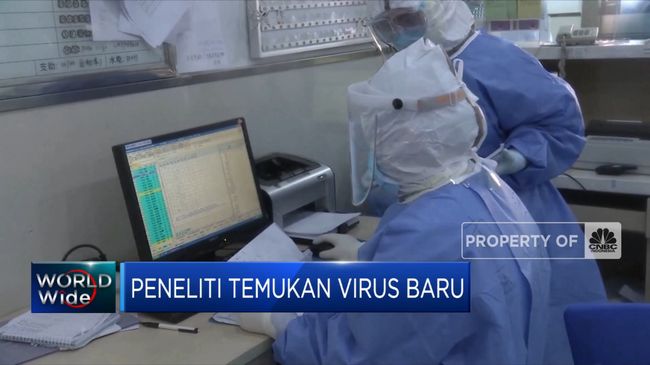Jakarta, CNBC Indonesia – Not yet over the suffering of the world community due to Covid-19, a new virus was discovered named Neonomicia Capensis or NeoCov. The findings by Chinese researchers came from South African bats and were said to be highly contagious and risky for death.
But reportedly NeoCov is not part of Covid-19 and also not the latest variant. Here are some facts about the virus:
Not a new variant of Covid-19
Derived from a report in the journal BioRxiv, researchers from Wuhan University and the Institute of Biophysics of the Chinese Academy of Sciences called this virus not a new variant of the corona. Even NeoCov is said to have been around for a long time.
NeoCov is said to be associated with the 2012 and 2015 MERS-CoV outbreaks. It has also been reported to be similar to SARS-CoV-2. “MERS-CoV has been identified in several countries in the Middle East, Africa and South Asia,” the World Health Organization (WHO) said.
Already Spread
According to WHO, 35% of patients infected with MERS-Cov have died. However, there is the possibility of default cases being missed by the existing surveillance system. “In total, 27 countries have reported cases since 2012, leading to 858 known deaths due to infection and related complications,” the WHO said.
The virus is reported to be able to kill 1 in 3 people who are infected. WHO also added that NeoCov needs further research.
Still Needs Further Research
In a new study, scientists in Wuhan warned that NeoCov could cause problems if transferred from bats to humans.
The virus does not appear to be neutralized by human antibodies targeted for the Covid-19 virus or MERS-Cov. But until now there has been no evidence or indication of how contagious or fatal NeoCov is.
“We need to see more data confirming infection in humans and the associated severity before becoming anxious,” said Professor Lawrence Young, a virologist at the University of Warwick.
“Initial (study) shows that infection of human cells with NeoCoV is highly inefficient. What this highlights, however, is the need to be vigilant about the spread of coronavirus infection from animals (especially bats) to humans. This is an important lesson we need to learn that requires better integration of human and animal infectious disease research”.
(npb/roy)
–


